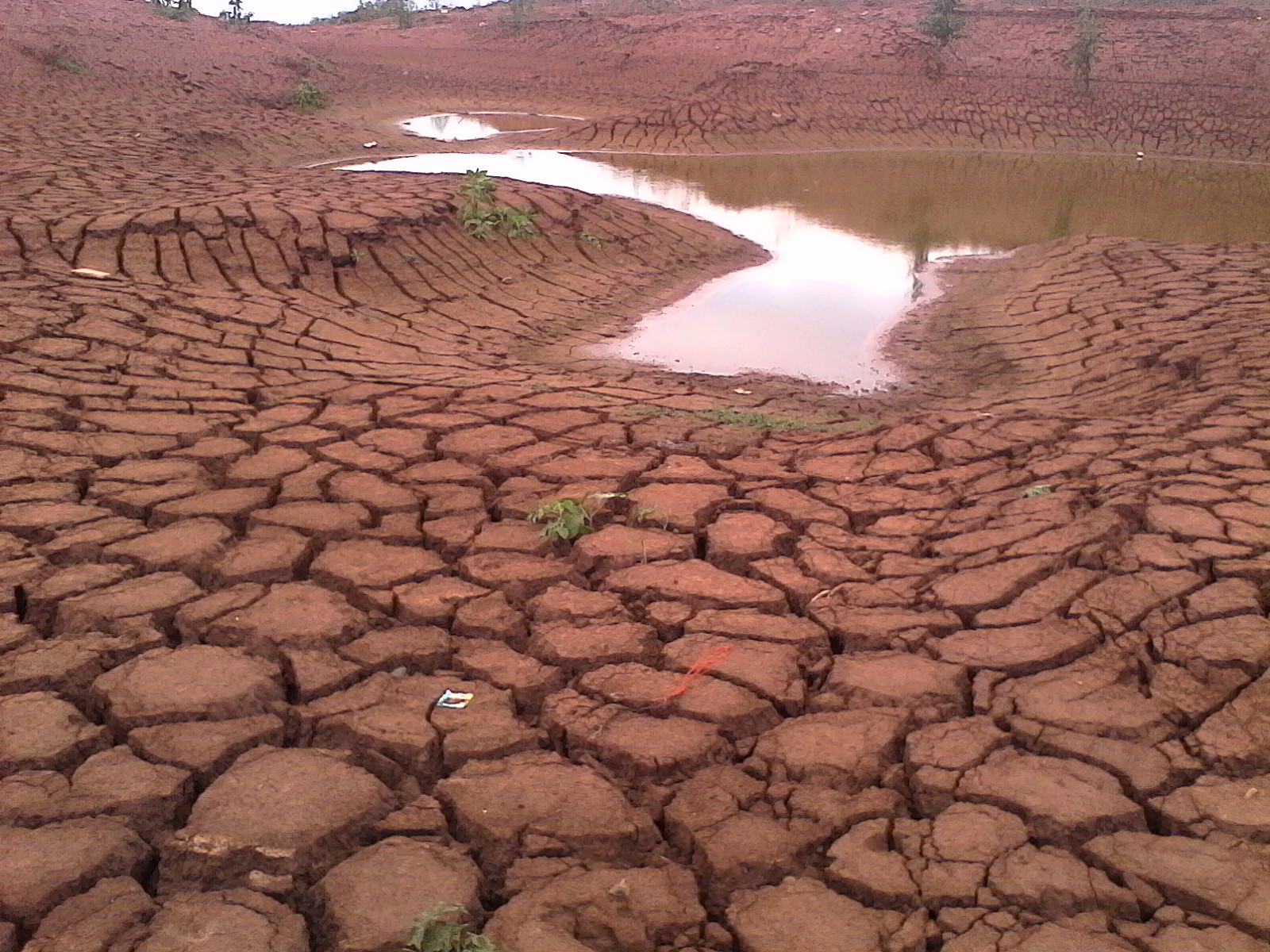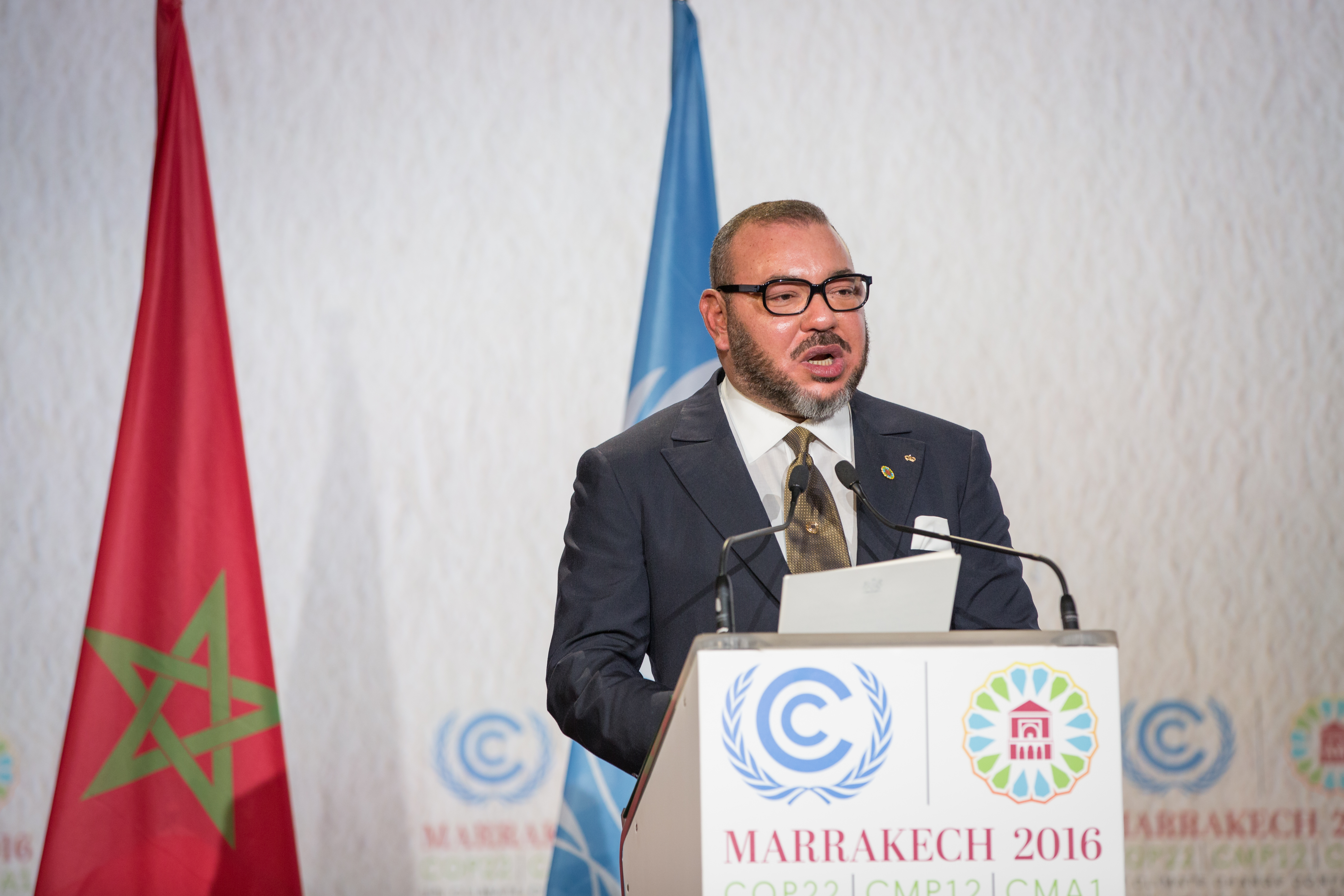Climate change in Morocco on:
[Wikipedia]
[Google]
[Amazon]
 Climate change in Morocco is expected to significantly impact
Climate change in Morocco is expected to significantly impact
 Morocco ranked second in its approach to addressing climate change in the 2018 and 2019
Morocco ranked second in its approach to addressing climate change in the 2018 and 2019
 Climate change in Morocco is expected to significantly impact
Climate change in Morocco is expected to significantly impact Morocco
Morocco (),, ) officially the Kingdom of Morocco, is the westernmost country in the Maghreb region of North Africa. It overlooks the Mediterranean Sea to the north and the Atlantic Ocean to the west, and has land borders with Algeria t ...
on multiple dimensions, just like for other countries in the MENA region.
As a coastal country with hot and arid
A region is arid when it severely lacks available water, to the extent of hindering or preventing the growth and development of plant and animal life. Regions with arid climates tend to lack vegetation and are called xeric or desertic. Most ...
climates, environmental impacts from climate change
In common usage, climate change describes global warming—the ongoing increase in global average temperature—and its effects on Earth's climate system. Climate change in a broader sense also includes previous long-term changes to ...
are likely to be wide and varied. Analysis of these environmental changes on the economy of Morocco
The economy of Morocco is considered a relatively liberal economy, governed by the law of supply and demand. Since 1993, Morocco has followed a policy of privatization of certain economic sectors which used to be in the hands of the governme ...
are expected to create challenges at all levels of the economy. The main effects will be felt in the agricultural systems and fisheries which employ half of the population, and account for 14% of GDP. In addition, because 60% of the population and most of the industrial activity are on the coast, sea level rise
Globally, sea levels are rising due to human-caused climate change. Between 1901 and 2018, the globally averaged sea level rose by , or 1–2 mm per year on average.IPCC, 2019Summary for Policymakers InIPCC Special Report on the Ocean and Cry ...
is a major threat to key economic forces. As of the 2019 Climate Change Performance Index
The Climate Change Performance Index (CCPI) is a scoring system designed by the German environmental and development organisation Germanwatch e.V. to enhance transparency in international climate politics. On the basis of standardised criteria, ...
, Morocco was ranked second in preparedness behind Sweden.
Impacts on the natural environment
Temperature and weather changes
Sea level rise
60% of the population of Morocco lives on the coast, and flooding and sea level rise are expected to significantly effect these populations. These effects are especially going to effect economic activities, including tourism, agriculture, and industry. According to the NOAA 2022 sea-level rise technical report, “Sea level rise will create a profound shift in coastal flooding over the next 30 years by causing tide and storm surge heights to increase and reach further inland.” The increase in sea-level rise will affect places such as the low terrain surrounding the Moulouya delta, a vital wetland on the eastern coast of Morocco, that is especially vulnerable to sea-level rise and the stress, flooding, erosion, and overall decimation of the area. ''The New York Times'' summarizes the 2022 IPCC climate change assessment, stating that these rising sea levels could "exceed what many nations can afford," both in the sense of destroyed land and economic ramifications.Water resources
Climate variability is expected to put a number of pressures on water resources in Morocco. Projections indicate 10%-20% decreases in precipitation across the country, with the most severe in the Saharan region by 2100. Additionally, climate change will reduce snowpack in the Atlas Mountains. This puts pressure on water resources, already stressed by other sources such as population expansion, urban growth, industry, and tourism. Furthermore, many coastal aquifers will increasingly become stressed because of coastal salinization.Impacts on people
Economy
Agriculture
The agricultural system in Morocco is especially vulnerable to climate change. Crop production is primarily (87%) from rainfed agriculture. A 2016 drought resulted in 70% decreases in crop yields, and slowed the economy.Mitigation and adaptation
Renewable energy
Energy policy
Government policies and legislation
 Morocco ranked second in its approach to addressing climate change in the 2018 and 2019
Morocco ranked second in its approach to addressing climate change in the 2018 and 2019 Climate Change Performance Index
The Climate Change Performance Index (CCPI) is a scoring system designed by the German environmental and development organisation Germanwatch e.V. to enhance transparency in international climate politics. On the basis of standardised criteria, ...
. As per the 2022 CCPI, Morocco was ranked 8th amongst the 68 countries around the world with an overall score of 71.64%.
The government of Morocco has a '' Plan Vert'' strategy in order to cope with climate change. In this plan, the government commits to producing over half of its energy by renewables by 2030, removing subsidies of fossil fuels, committing to green employment, focusing on ocean resource management and preserving aquifers.
See also
*Climate change in the Middle East and North Africa
Climate change in the Middle East and North Africa (MENA) refers to changes in the climate of the MENA region and the subsequent response, adaption and mitigation strategies of countries in the region. In 2018, the MENA region emitted 3.2 billion ...
References
{{Africa topic, Climate change in Environment of MoroccoMorocco
Morocco (),, ) officially the Kingdom of Morocco, is the westernmost country in the Maghreb region of North Africa. It overlooks the Mediterranean Sea to the north and the Atlantic Ocean to the west, and has land borders with Algeria t ...
Morocco
Morocco (),, ) officially the Kingdom of Morocco, is the westernmost country in the Maghreb region of North Africa. It overlooks the Mediterranean Sea to the north and the Atlantic Ocean to the west, and has land borders with Algeria t ...